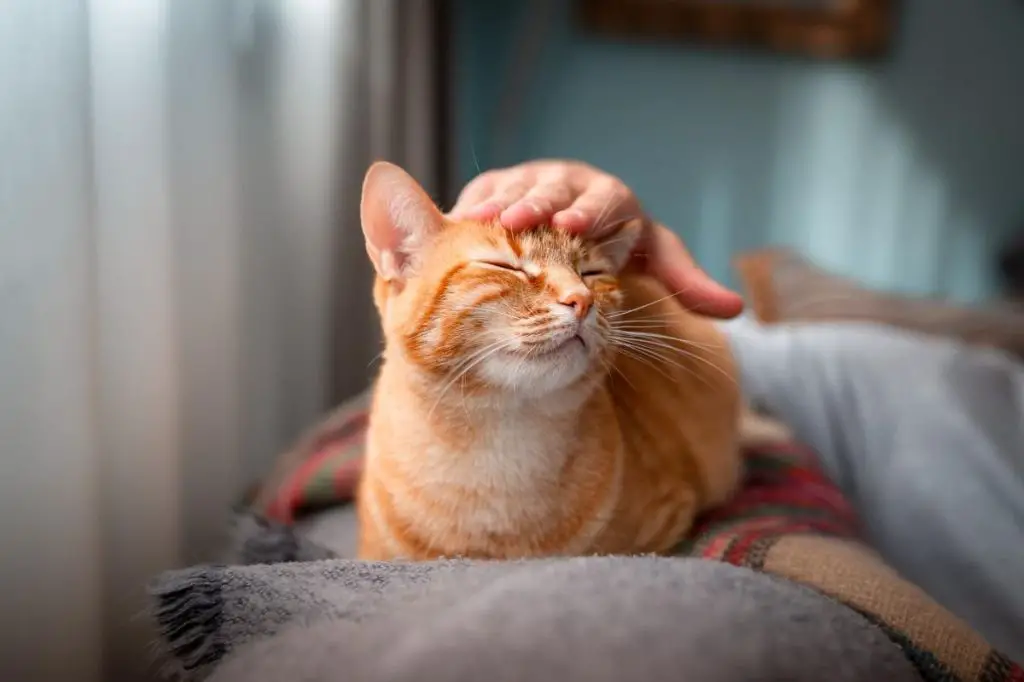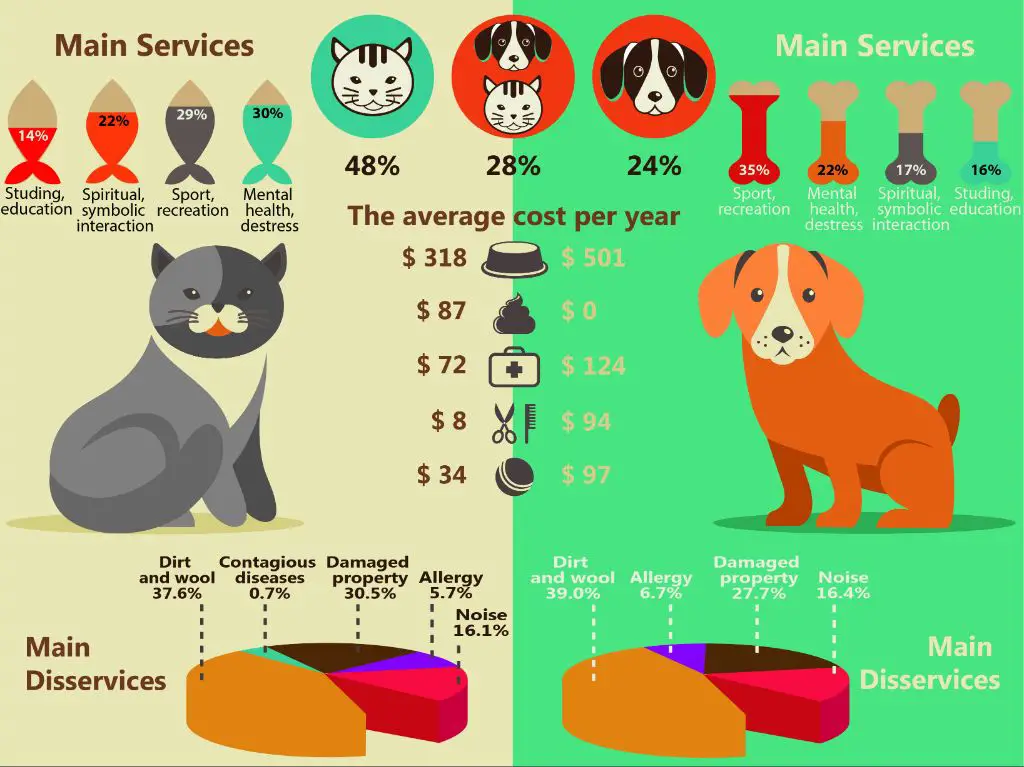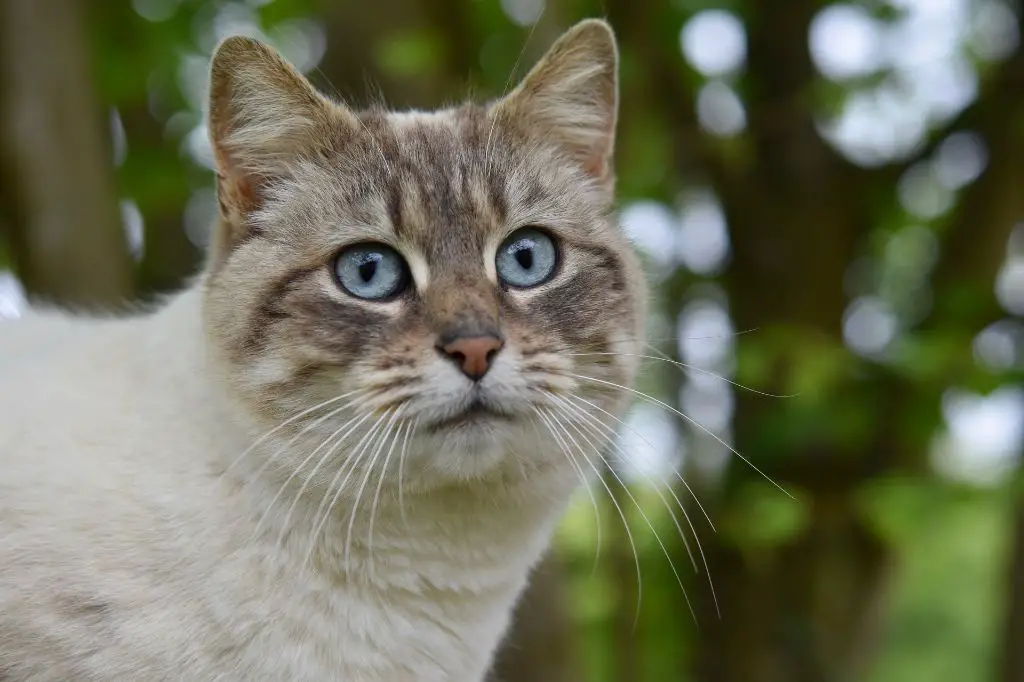Introduction
Do cat owners actually live longer lives than people without feline friends? This is a question many researchers have tried to answer. Some studies show promising correlations between cat ownership and lower stress, increased activity, and overall longevity. However, correlation does not necessarily mean causation. There are many factors at play that make determining the definitive effects of cat ownership complex. This article will explore the potential health benefits of being a cat guardian and discuss the nuances in the research. With over 11 million pet cats in the UK alone, examining this popular pet relationship can provide valuable insights.
Potential Health Benefits

Some studies have found that owning a cat may reduce the risk of cardiovascular diseases like heart disease and stroke. A 2020 review showed that petting a cat can lower blood pressure and heart rate. The researchers hypothesized that this effect is likely due to cats’ calming nature and ability to alleviate stress. Another analysis found that cat owners had a 30% lower risk of dying from a heart attack or stroke. The reasons are not entirely clear, but may be related to the relaxing nature of owning a cat as well as increased activity from caring for a pet.
Stress Relief
Studies have shown that spending time with cats can reduce stress and anxiety in people. According to a recent study from the Washington State University, students who interacted with cats for 10 minutes had a significant decrease in cortisol, the key stress hormone (1). Another study from the University of British Columbia found that highly emotional people are often drawn to cats as a means of stress relief (2). The researchers theorize that cat ownership provides comfort and companionship during stressful times.
Petting a cat can create a relaxation response by lowering heart rate and blood pressure (3). The repetitive motion of stroking a cat releases oxytocin, the “love hormone” associated with emotional bonding. Cats often purr when petted, which creates a state of calm. Simply being around a cat and observing their tranquil behavior may also lower anxiety levels in some people.
Overall, studies indicate that cat ownership, especially for highly sensitive people, can provide relaxation and help relieve anxiety. Interacting with cats activates physiological responses that counteract stress.
Sources:
(1) https://news.wsu.edu/press-release/2019/07/15/study-demonstrates-stress-reduction-benefits-petting-dogs-cats/
(2) https://www.sciencedaily.com/releases/2022/10/221025090514.htm
(3) https://www.vet.cornell.edu/pet-your-cat-reduce-stress
Increased Activity

Having to care for a pet can encourage more physical activity. According to research, pet owners tend to have higher overall levels of physical activity compared to non-pet owners. One study published in Pet’s influence on humans’ daily physical activity and walking found that dog owners walked more frequently and for longer durations than non-dog owners. Similarly, another study in the journal Nature showed that dog owners engaged in 22 minutes more walking and physical activity per day compared to non-dog owners.
Pets like dogs require regular walking, play time, and exercise. As a result, pet owners often meet the minimum recommendations for daily physical activity. Even smaller pets like cats encourage movement and playtime. Simply having to take care of a pet’s basic needs leads owners to be more active around the house. The increased movement and activity levels from pet ownership can provide significant health benefits over time.
Companionship
Pets provide companionship and give their owners a sense of purpose. Studies have shown that spending time with pets decreases feelings of loneliness and isolation. According to research from the NIH, interacting with pets lowers levels of the stress hormone cortisol and can help owners feel more relaxed and content [1]. Another study found that companion animals provide social support and can act as ‘social lubricants’, encouraging conversations and helping their owners connect with other people [2]. Overall, pets provide unconditional love and affection that can greatly benefit their owner’s mental health and wellbeing.
Counterarguments

While there are clear benefits to owning a pet, it’s important to acknowledge some potential downsides as well. Some research indicates that pets can also add stress to their owners’ lives in certain situations. According to a 2021 systematic review published in BMC Public Health, five studies demonstrated a clear negative impact between pet ownership and mental health in samples of the general population and older adults (Scoresby et al., 2021).
Additionally, people with pet allergies may experience worse quality of life if living with pets. Pet dander can trigger allergy and asthma symptoms in sensitive individuals. According to the Asthma and Allergy Foundation of America, between 15-30% of people have allergic reactions to cats and dogs.
There are also notable financial costs associated with pet ownership. Food, medical care, grooming, boarding, pet sitting, toys, damage to property, and more all require significant financial investment over the lifetime of a pet. According to the ASPCA, first-year costs of dog ownership average $1,270 and cat ownership average $1,070. Lifetime costs can range from $5,900 – $15,000 for a small dog and $6,000 – $15,000 for a cat.
Lifestyle Factors
While studies show correlations between pet ownership and various health benefits, it’s important to consider other lifestyle factors that may contribute. Cat owners may share other healthy traits like managing stress well, being more physically active, and having strong social connections.
For example, people who adopt pets may already be more inclined to have an active lifestyle. In one study, dog walkers were found to walk faster and for longer durations than non-dog walkers (McNicholas, 2005). Additionally, those with pets may have greater social support and companionship, which promotes overall wellbeing.
So while pets may motivate healthy behaviors, the lifestyle factors and personality traits of pet owners could also explain part of the correlation between pet ownership and health.
Correlation vs Causation
While some studies show an association between cat ownership and longevity, it’s important to note that correlation does not necessarily mean causation. Just because two things are related does not mean that one causes the other. As the article “Given this chapter’s repeated warning that ‘correlation does not prove causation'” points out, there could be other factors that explain why cat owners live longer on average:
“Dog ownership was inversely associated with cardiovascular mortality and all-cause … And correlation truly, truly does not equal causation.” (Source)
For example, people who own cats may tend to have a certain lifestyle or personality traits that contribute to longevity, like being more relaxed or responsible. Cat ownership itself may not be the direct cause of living longer. As the article “Think Correlation Never Implies Causation? Not So Fast” explains:
“Correlation doesn’t imply causation. You’ve probably heard that before. It’s a true statement that’s important in statistical analysis—if variable A correlates with variable B, variable A does not necessarily cause variable B.” (Source)
So while some studies find a correlation between cat ownership and longevity, it does not prove that having a cat directly leads to living longer. More research is needed to understand the complex relationship between human health and pet ownership.
The Takeaway

While some research has shown potential benefits of pet ownership such as reduced stress, increased activity levels, and companionship [1], more high-quality research is still needed. Small sample sizes, issues with controlling variables, and the challenges of quantifying complex mental health impacts mean the benefits are still not conclusively proven. There seems to be a correlation between pet ownership and certain health metrics, but the causal relationship is unclear – pet owners may simply live healthier lifestyles. Ultimately, more rigorously controlled studies over longer time periods and larger sample sizes are required to determine if pet ownership directly translates to living longer.
Conclusion
In summary, while some studies do suggest that cat owners tend to live longer than non-cat owners, there are a host of factors that complicate this correlation.
While having a cat may bring stress relief, companionship and increased activity for some owners, these potential benefits do not necessarily translate into a longer lifespan. Many lifestyle, demographic and socioeconomic factors contribute to longevity.
Additional large-scale studies controlling for these factors would be needed to determine if cat ownership has a truly causal relationship with living longer. For now, it appears that the potential benefits of having a feline friend depend greatly on the individual and circumstances.
The takeaway is that responsible cat ownership can contribute to quality of life and mental wellbeing for many people. But cats should be adopted primarily for enjoyment of their companionship, not solely for speculative health reasons.

